Last week a video went viral of an out gay high school student, Jordan Steffy, defending himself against another student calling him anti-gay slurs. Steffy took action by physically fighting back, and the internet responded with an explosion of cheers.
High school can be rough for any young person. The complexity of adolescence, the politics of friend groups, looming adulthood, and the constantly shifting terrain of who is "in" and who is "out." Now imagine on top of all that having to endure being called homophobic names every day. Unfortunately, I'm sure all too many of us can relate.
As the video went viral, it was unsurprising to learn there were so many reshares and retweets, memes, and comments in support of the student's actions. This was a real-life moment of resistance and so many LGBTQ+ people who have themselves endured the trauma of harassment, violence, and bullying at school felt fully vindicated at that moment. Except for the fact that Jordan Steffy, like all of us, deserves better.
When I heard about this incident, I couldn't help thinking about Abel Cedeno, the young Latinx high school student who was recently convicted and sentenced to prison for killing his classmates in New York City. Cedeno, too, experienced ongoing homophobic harassment by fellow students, and when he fought back, it ended in heartbreaking violence, death, and incarceration. For LGBTQ+ people of color, defending themselves is not often celebrated; it can result in grave consequences.
The bullying they both endured is infuriating and the violence that resulted is tragic. If we are ever going to end harassment and violence against LGBTQ+ youth, we must build relationships and community where its absence created animosity.
In most cases, when an LGBTQ+ student is physically defending themselves, they are suspended, which is exactly what happened to Steffy. According to GLSEN's National School Climate Survey, LGBTQ+ students who experienced higher levels of victimization due to their sexual orientation are more likely to be disciplined at school. And LGBTQ+ students in general experience greater levels of school discipline than non-LGBTQ+ students.
Sadly, the lack of protective school policies leaves students with few resources to defend themselves. Only 12.6 percent of LGBTQ+ students have an anti-bullying or harassment policy that specifically includes and protects sexual orientation and gender identity or expression. Furthermore, the lack of staff intervention leaves students extremely vulnerable. When LGBTQ+ students who experience victimization report it to staff, the majority say that staff didn't do anything or told them to ignore it.
This environment sends a message that LGBTQ+ students do not deserve to be safe at school. All students deserve to learn without fear of violence and harassment, and it is unacceptable to leave any youth to fend for themselves as they deserve support, protection, and opportunity. LGBTQ+ youth, like all other students, deserve the opportunity to thrive.
As caring adults, it is all of our responsibility to ensure no school -- or other space where youth are required to be -- ever feels so tormenting that violence feels like the only solution. So what can you do to help? Here are a few ways you can advocate, intervene, and educate.
Advocate for Inclusive Policies
Research what policies are in place to protect LGBTQ+ students at the federal, state, local, and school district levels. Share that information with the people who can disperse this information. If there are no policies in place, advocate for them! You can use GLSEN's Respect For All: Policy Recommendations to Support LGBTQ Students as a guide. If you are an educator with zero policies to refer to, set up community agreements and rules in your classroom that clearly state anti-LGBTQ+ harassment is not allowed.
Intervene As an Adult
All adult staff at school are responsible for the safety and well being of all students. Educators in the classroom are just as responsible for intervening when a student is being bullied or harassed -- as are the cafeteria staff, janitorial staff, transportation staff, after school programming staff, or any other adult. For more guidance on intervention, GLSEN's Safe Space Kit is a useful tool.
Prioritize Education and Training
Make sure all staff goes through an LGBTQ+ competency training. GLSEN has over 40 chapters that help train school districts, educators, and classified staff across the country. Find out if there is one in your area by visiting our website. Reach out to a local organization that provides inclusivity training and do your own research through the resources available online. In some states, the training is mandatory and educators can also earn credits.
By learning more about LGBTQ+ identities, staff will be equipped to identify harmful language and disrupt homophobic and transphobic comments. Even without a competency training, letting students know "those words are not OK" is a form of accountability that tells students they cannot use anti-LGBTQ+ language in that space.
Participate in Student Advocacy
For students themselves who may be reading this, find an adult you trust to confide in and share what options can be helpful. You can also organize with your Gender and Sexualities Alliance or Gay-Straight Alliance and take action against homophobia and transphobia. Organize a Day of Action at your school, like Day of Silence, Ally Week, and No Name Calling Week. You can also engage your school administration and be a part of creating protective and inclusive policies. Set up a support system for those who have been harassed.
Students should not have to do this work all by themselves. We must intervene, we must commit to ensuring safety, and we must give them a chance -- a chance at success, at life, and at joy. Cedeno and Steffy both deserve that. We all do.
Melanie Willingham-Jaggers is the Deputy Executive Director of GLSEN, a non-profit education organization focused on LGBTQ issues in K-12 education.
RELATED | 5 LGBTQ Organizations to Support on National Coming Out Day







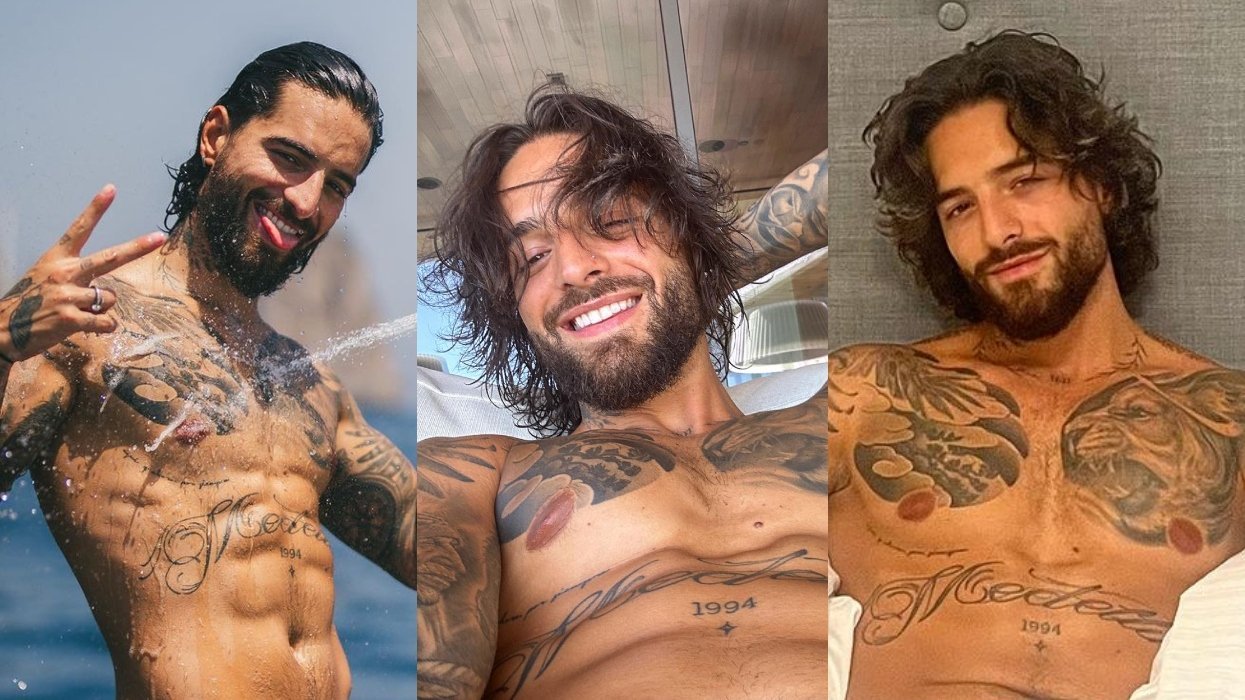
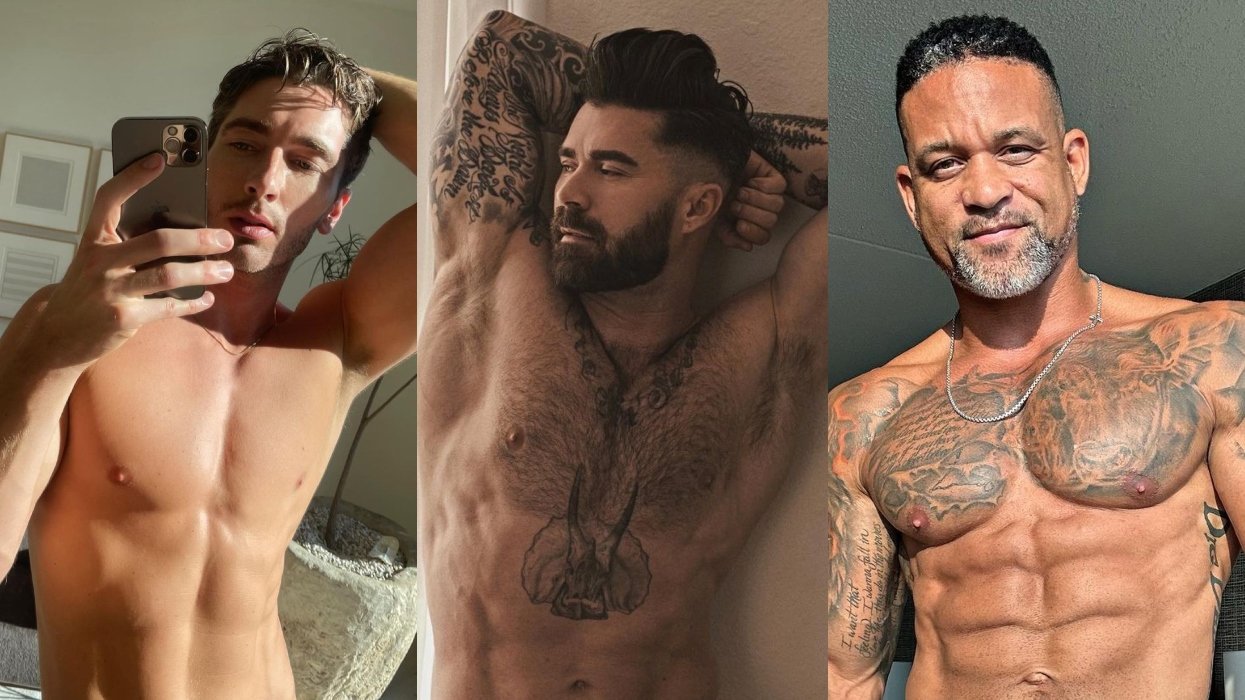

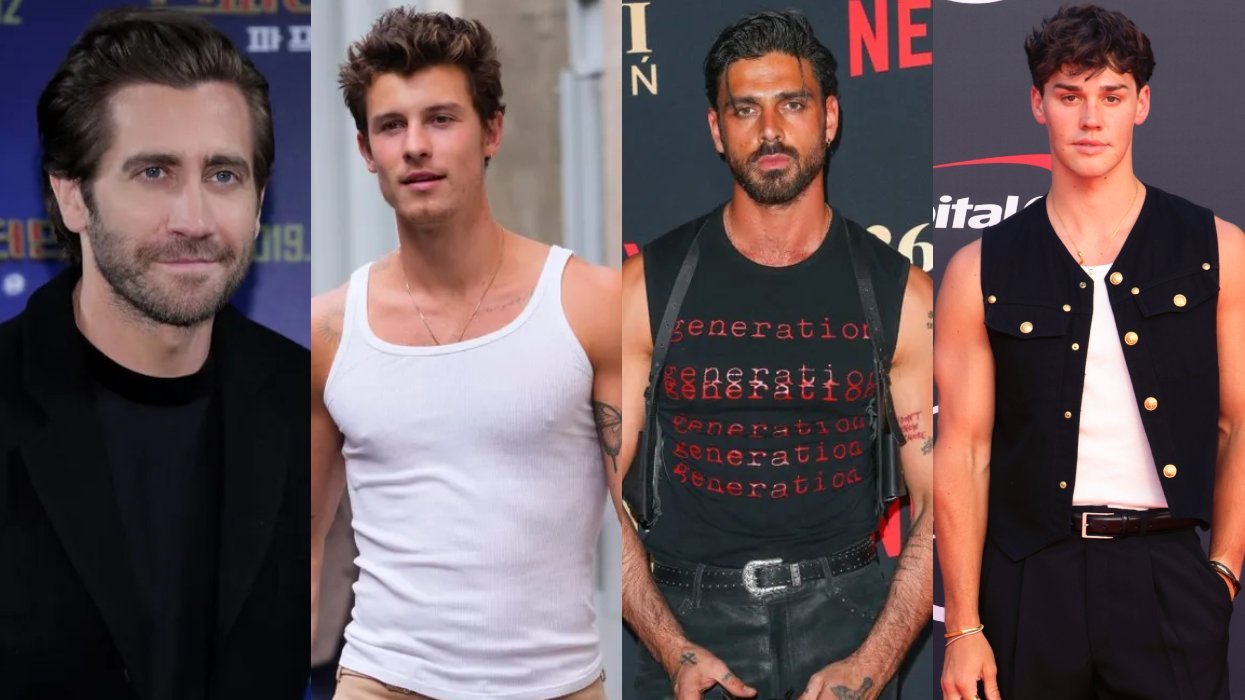





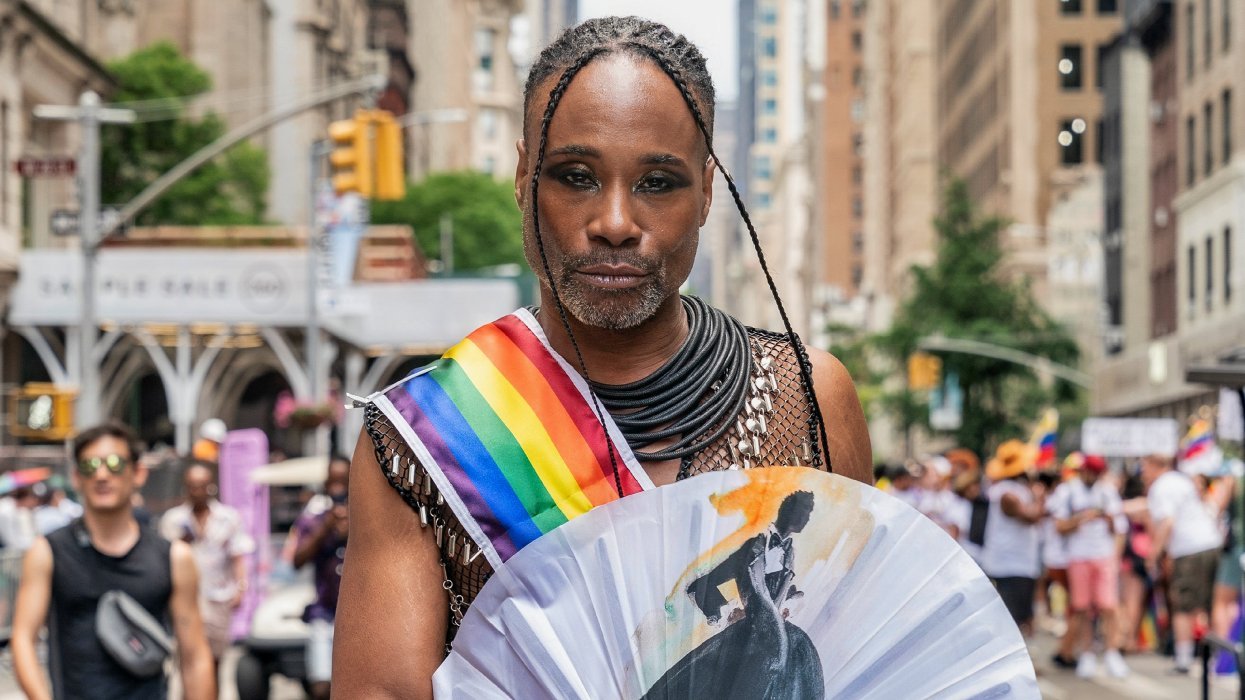
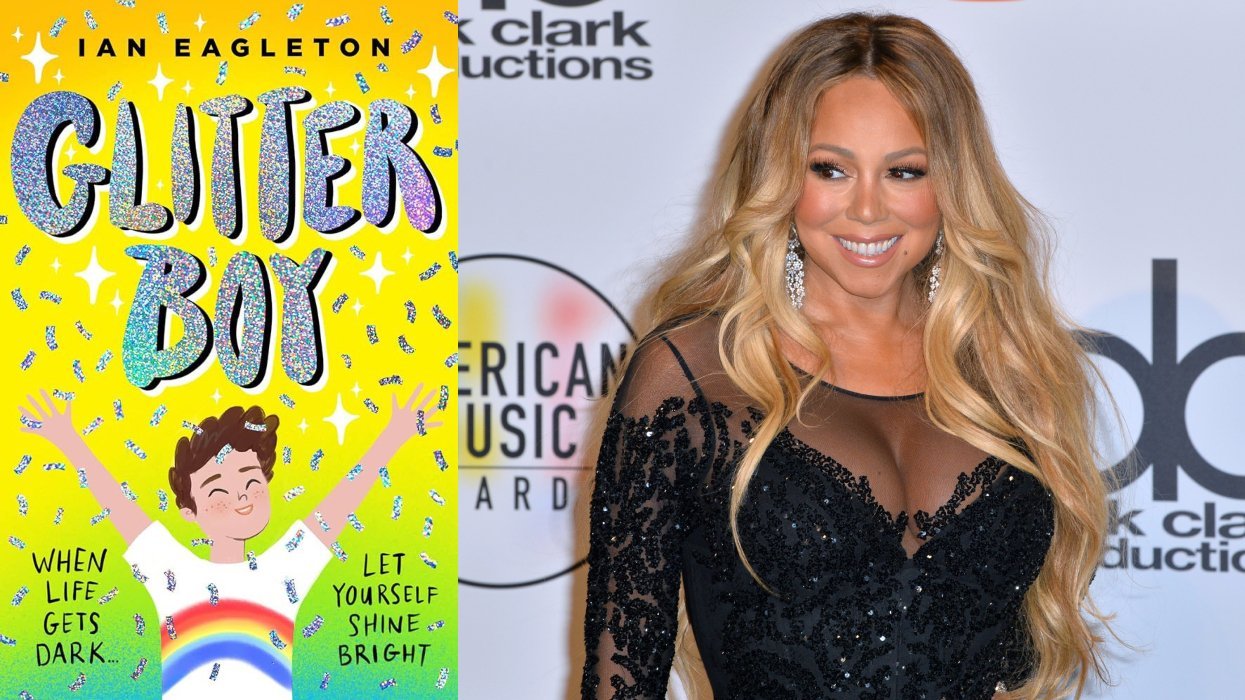


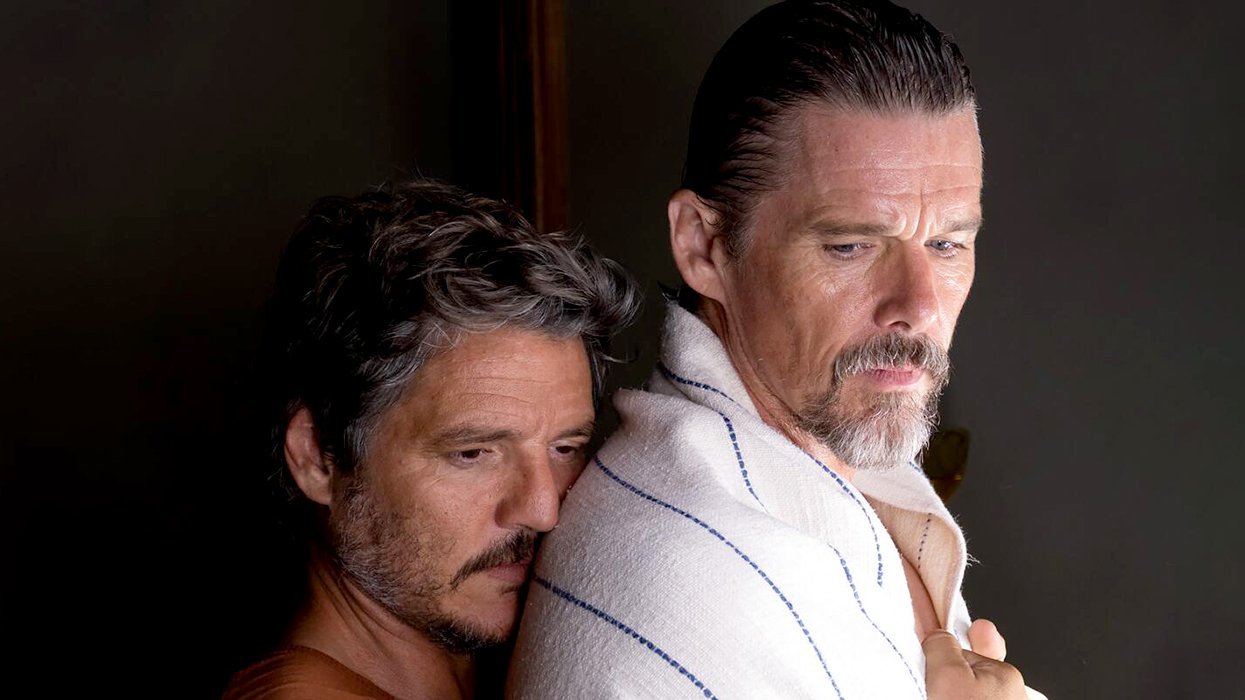
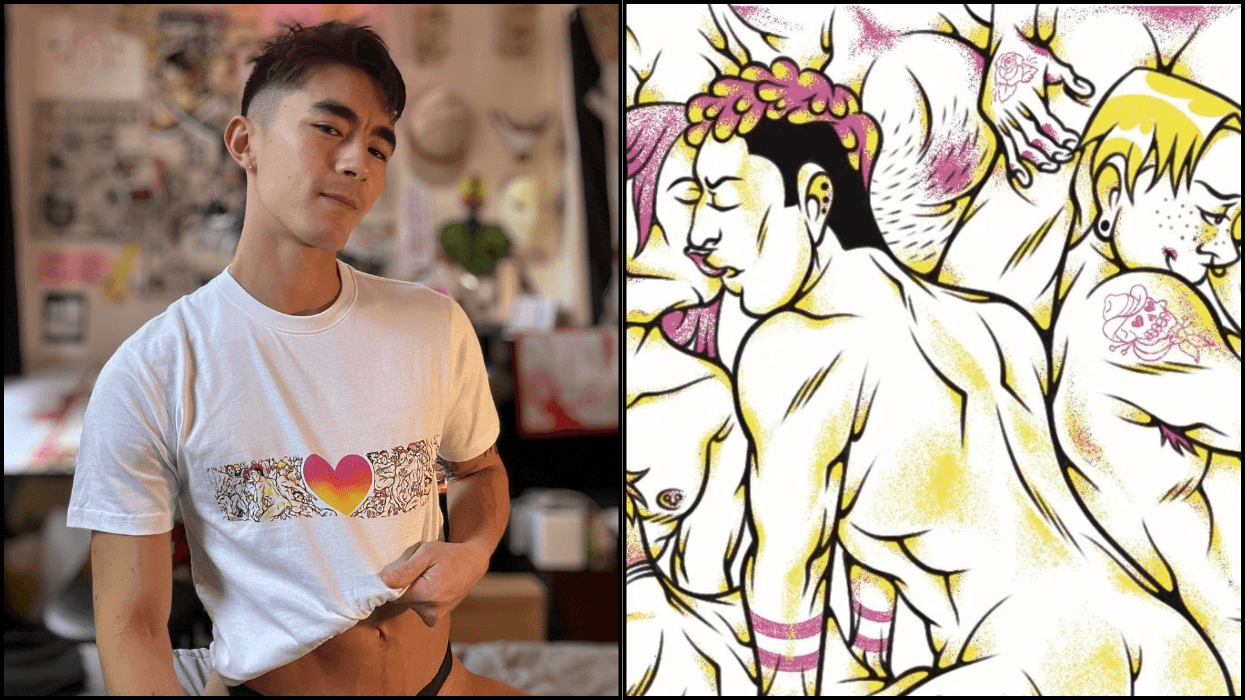


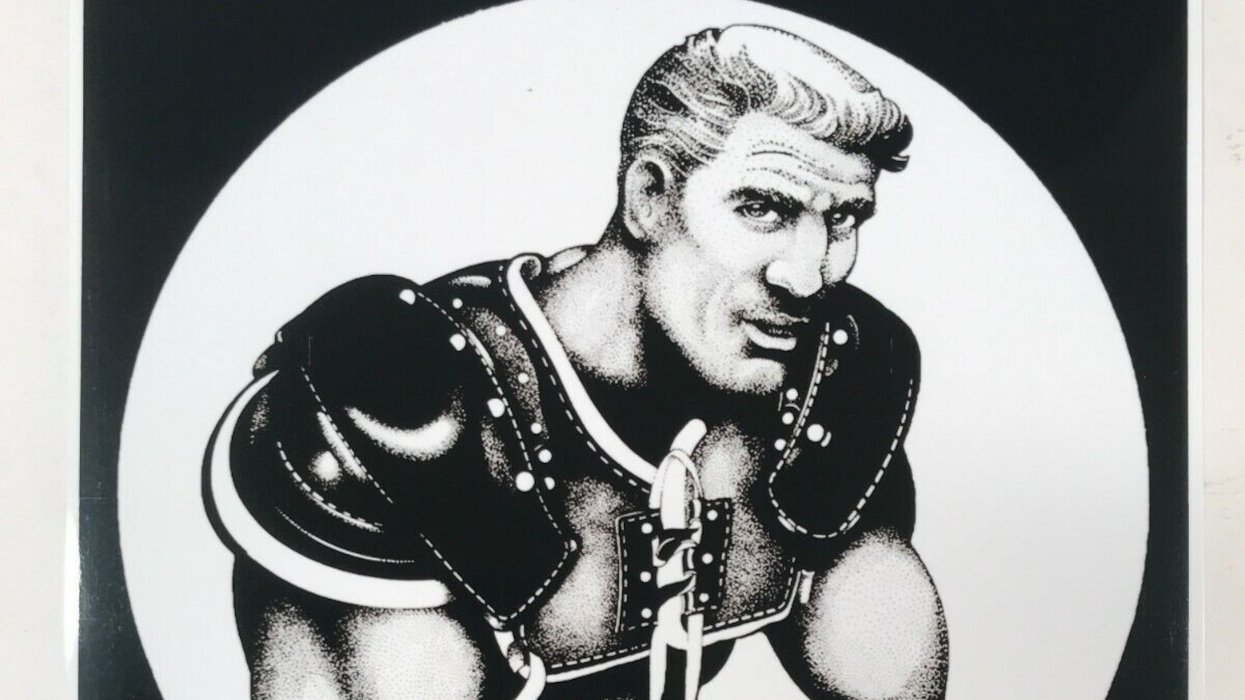
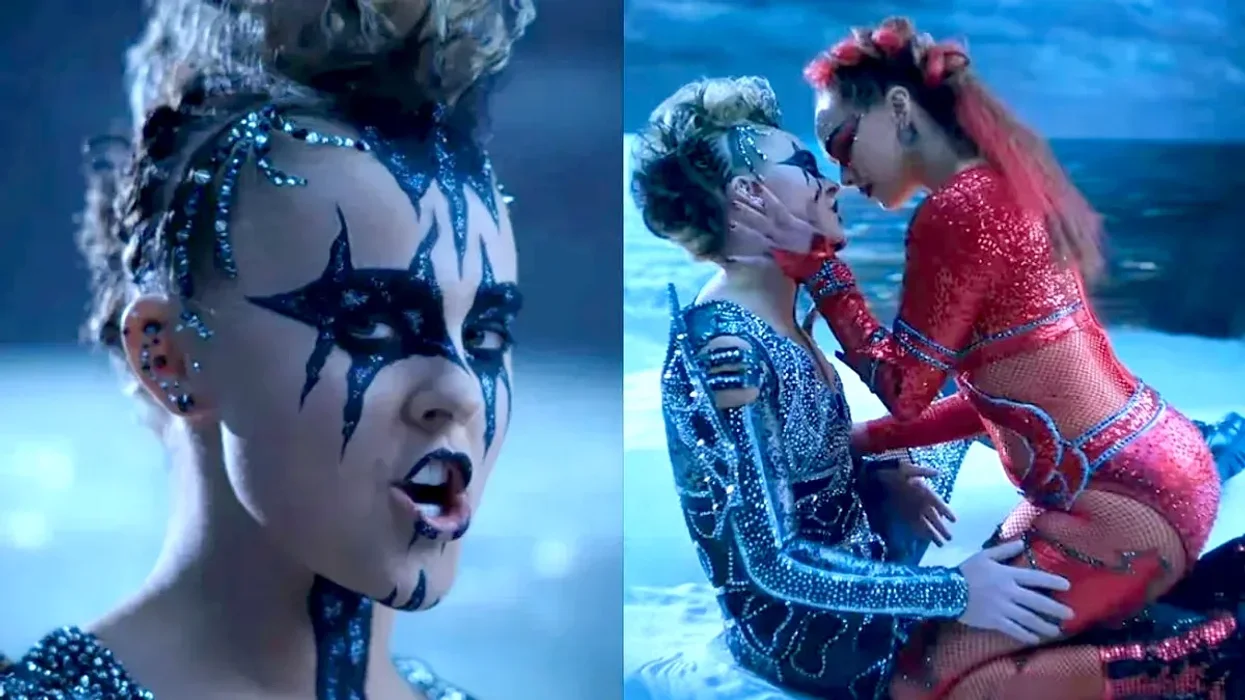
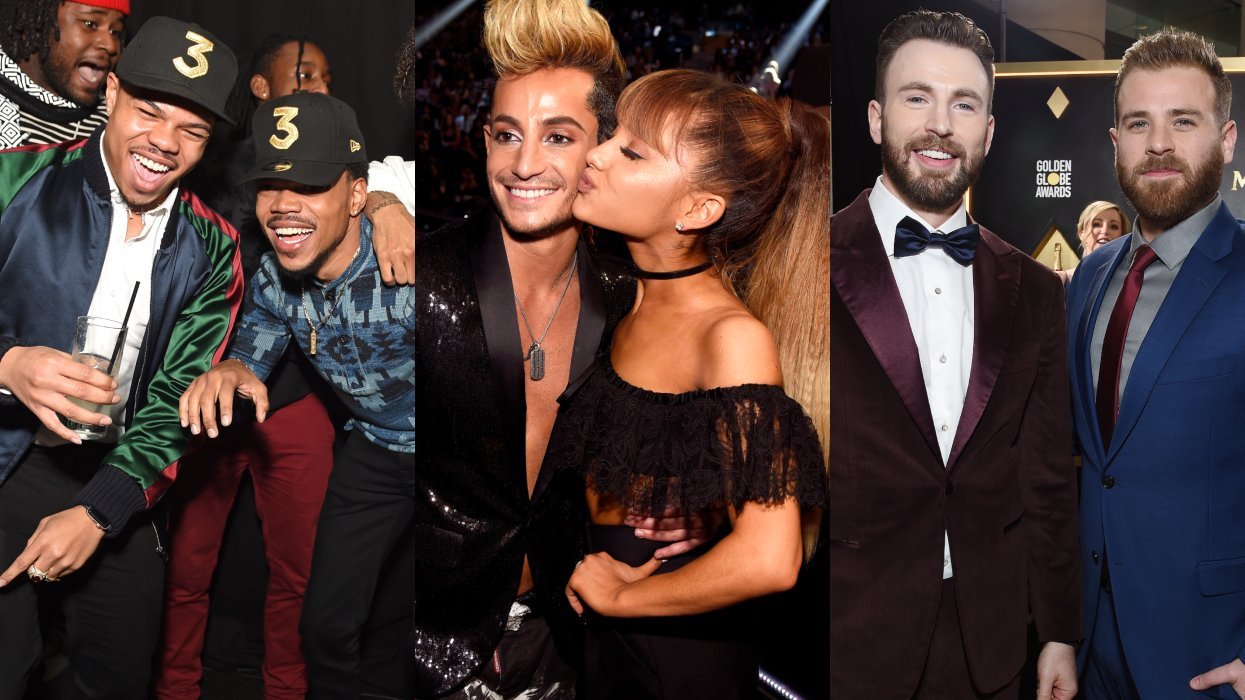
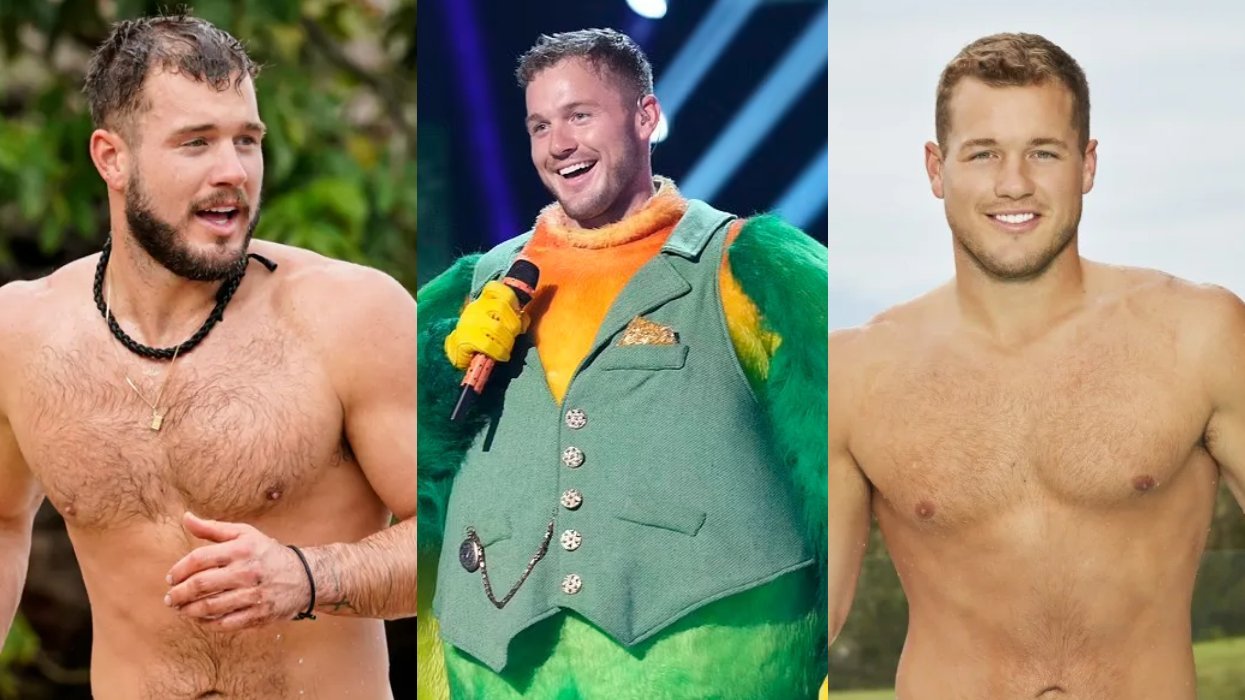
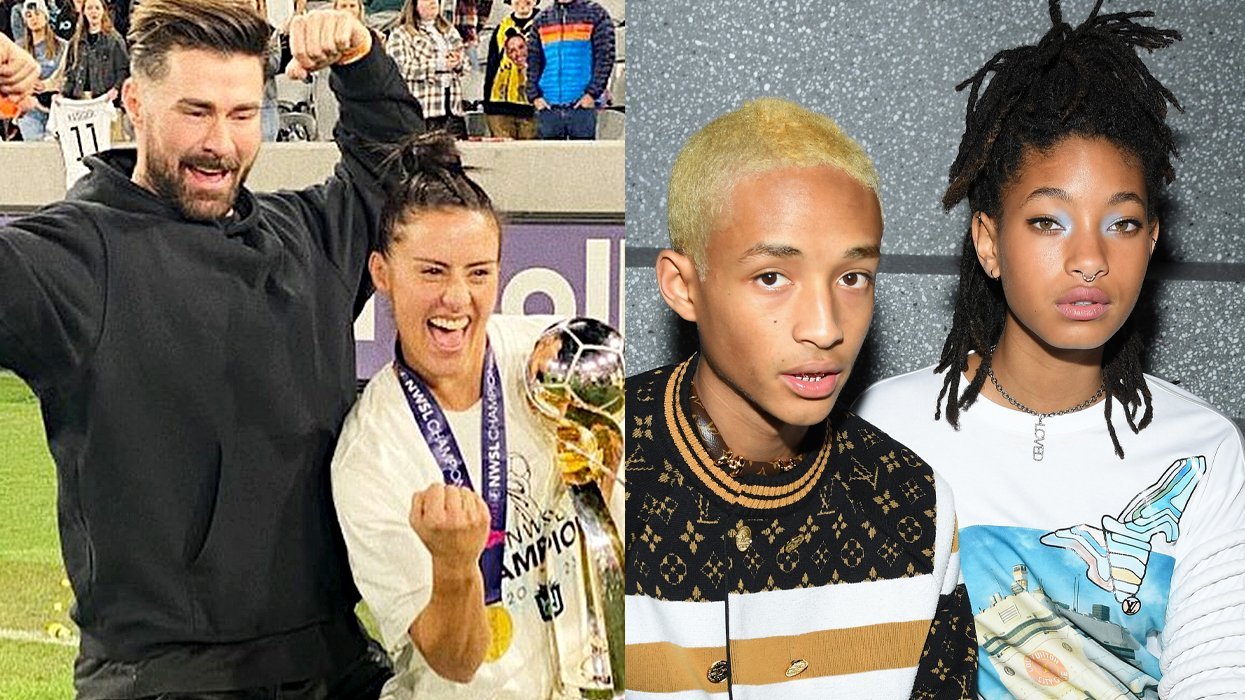
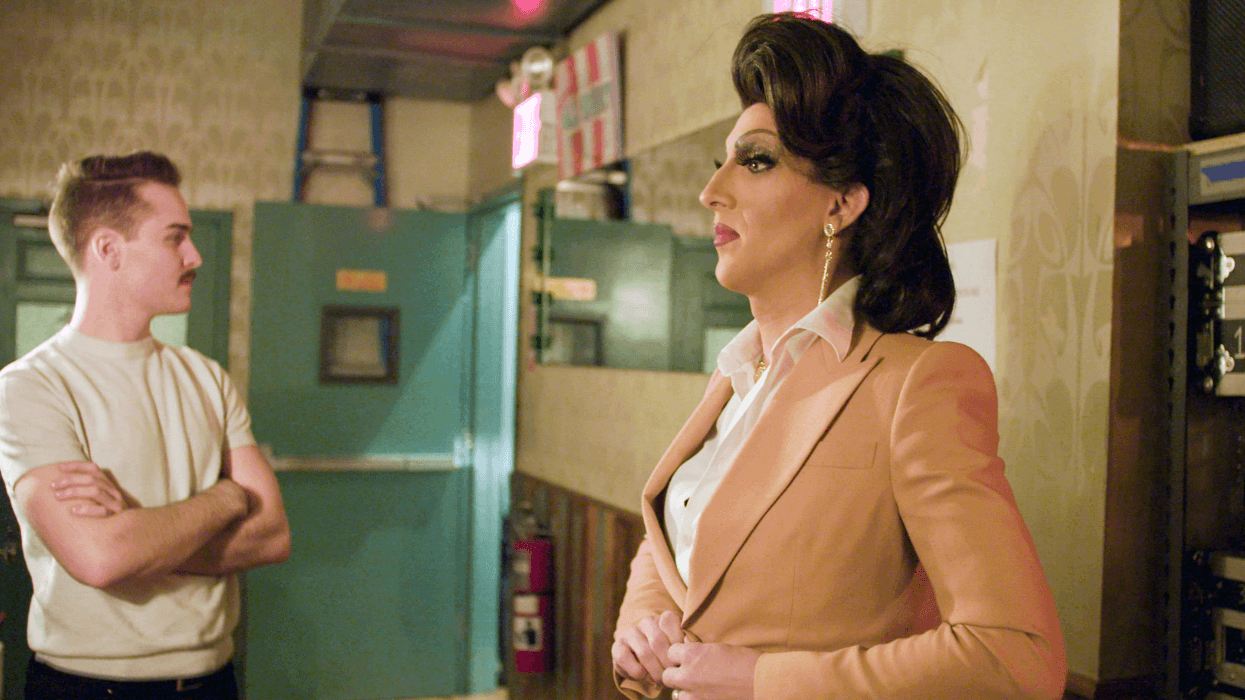
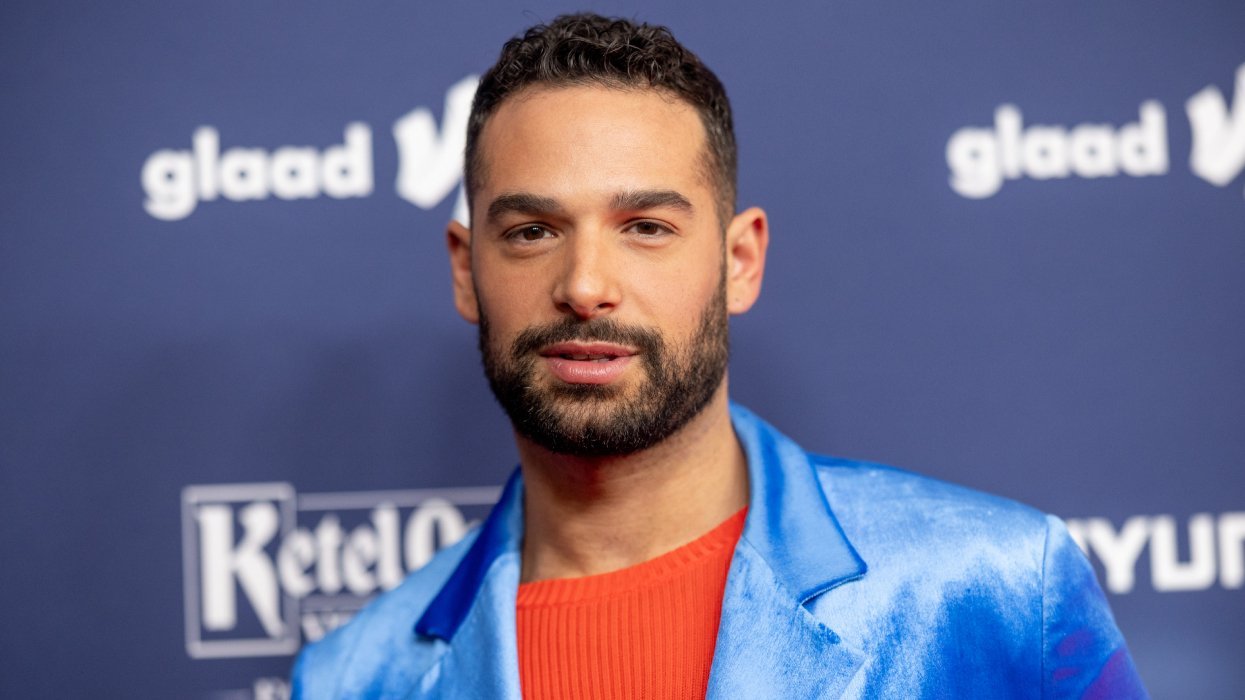
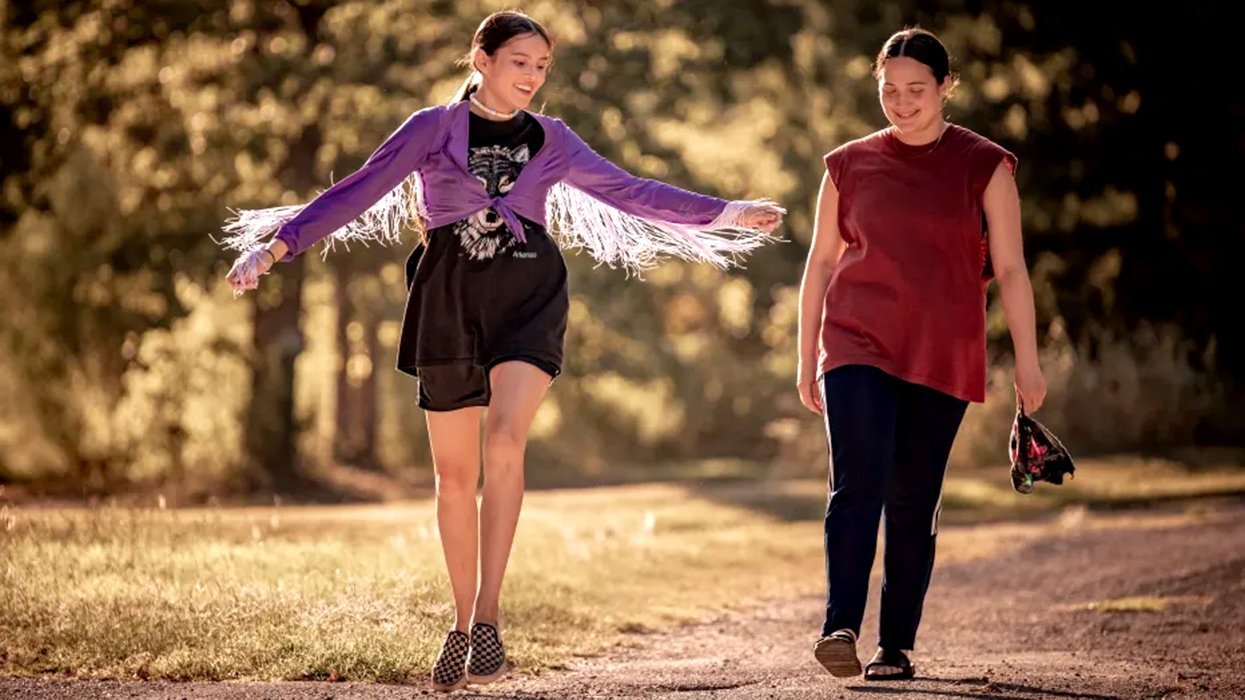




















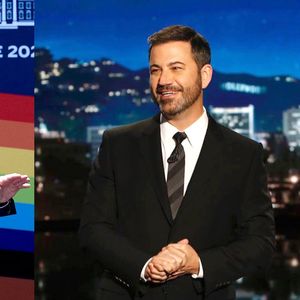




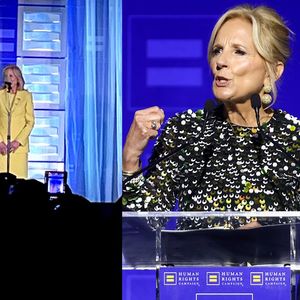






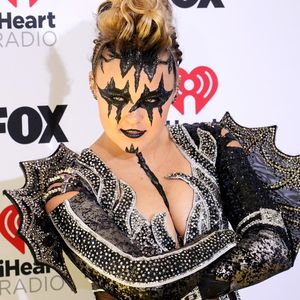
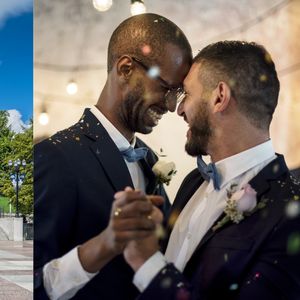














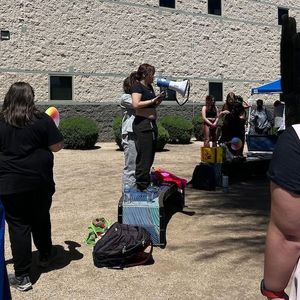



5 Ways You Can Support Bullied LGBTQ+ Youth Like Jordan Steffy
A gay student was cheered after fighting his tormentor, but violence shouldn't be the only option.